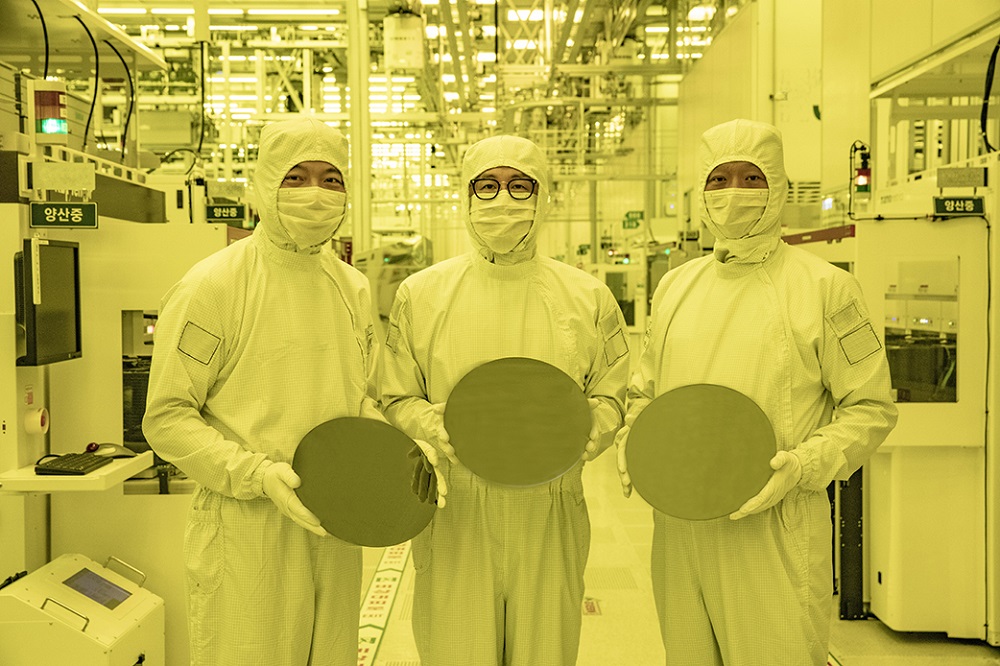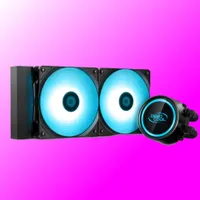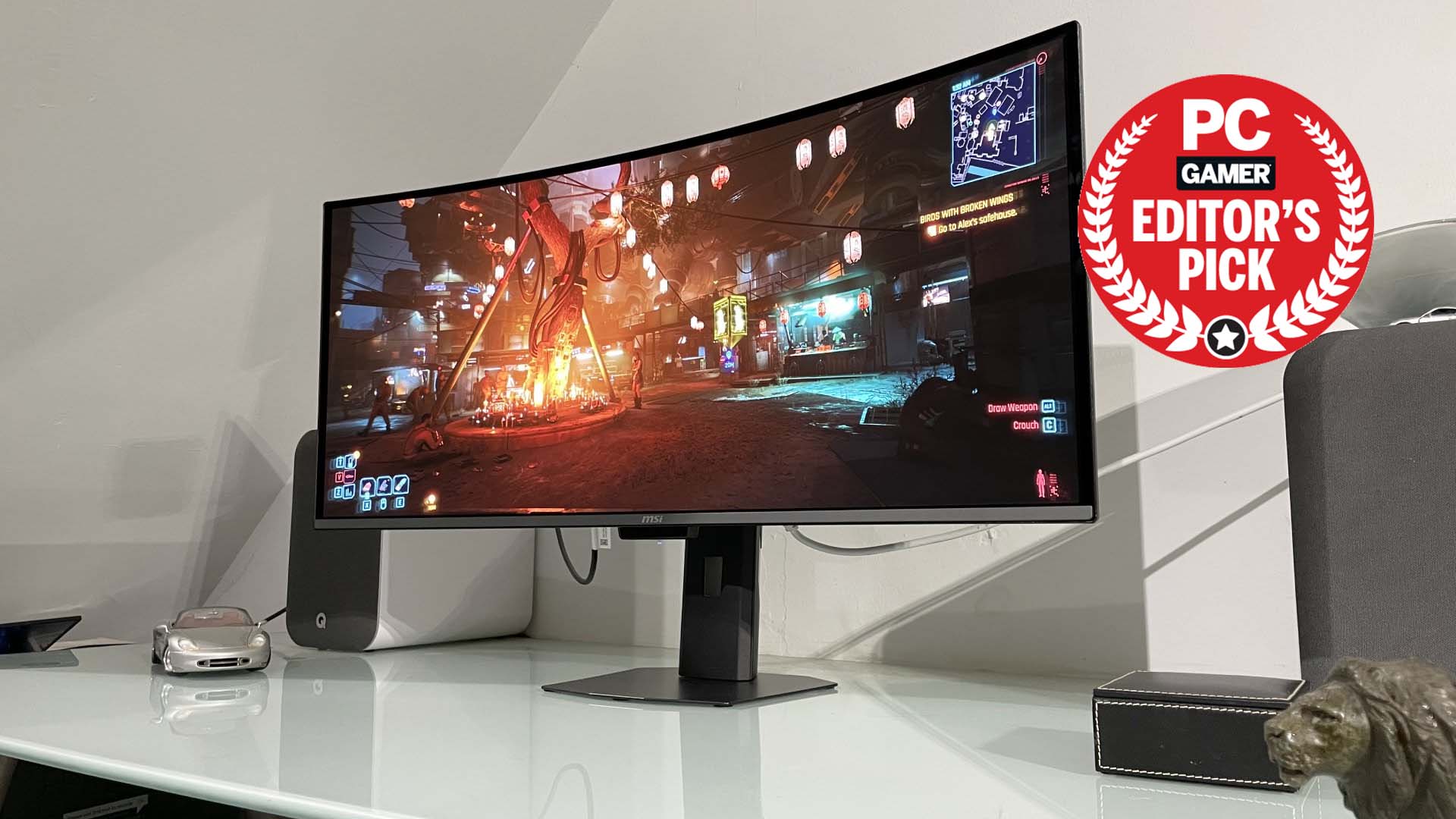
Moore's Law observes that transistor counts tend to double every couple of years. However, if there's massive yield wastage for each successful chip produced, transistor counts matter little. The money and capital required to keep up with these ever-denser transistor counts will be too much. It looks like Samsung is in this spot right now with its 3 nm process node.
As Business Korea (via TechPowerUp) notes, a July report published by Samsung Securities suggested spinning off Samsung's Foundry, a division which produces chips for third parties. The report doesn't paint a pretty picture, as Business Korea says it predicts "an operating loss forecasted to reach 500 billion won (approximately $385 million)" for the non-memory business division.
Samsung's response to this is to question different strategies moving forward, even perhaps spinning off its foundry division. According to Business Korea, the chip giant says that "since the foundry business requires closer contact with clients, active localization like establishing additional plants in the US is necessary" and asks, "How about spinning off the foundry business and listing it in the US?"
Operating losses seem to be in part due to the low yields returned by the company's 3 nm 3GAA process, which started churning chips midway through 2022 and has struggled ever since. We heard about low yields earlier this year, and to a lesser extent even back in 2023.
Yield refers to how many functional chips come out of each wafer produced—the lower the yield, the fewer fully functional chips can be produced from each batch. If yields are low, as they seem to be with Samsung's 3 nm node, companies are less likely to want to produce their chips on it as they're likely to get less return for their money.
We can't be so reductionist as to blame talk of a foundry spin-off entirely on low 3 nm yields. But it will certainly be a factor. TSMC's 3 nm nodes seem to be faring a little better. While Nvidia's sticking to N4 for Blackwell, TSMC's N3 nodes are reportedly at full capacity thanks to featuring in Intel Lunar Lake laptops and Apple's iPhone 16.
In fact, when it comes to the most relevant mass-produced chips—namely, AI and data centres—TSMC still has the lion's share of the ever-growing pie. Combine this with a disappointing Samsung 3 nm process and geopolitical woes, and it might make sense for Samsung to let its foundry go its own way.
Keep up to date with the most important stories and the best deals, as picked by the PC Gamer team.
Regardless, news of any process node struggle isn't good for us end-users. Yes, TSMC's churning out chips just fine, but more healthy competition is almost always better for chip and component prices. So let's hope Samsung gets things back on track.
Best AIO cooler for CPUs: Keep your chip chill.
Best air cooler for CPUs: Classic, quiet cooling.
Best PC fans: Quiet and efficient.

Jacob got his hands on a gaming PC for the first time when he was about 12 years old. He swiftly realised the local PC repair store had ripped him off with his build and vowed never to let another soul build his rig again. With this vow, Jacob the hardware junkie was born. Since then, Jacob's led a double-life as part-hardware geek, part-philosophy nerd, first working as a Hardware Writer for PCGamesN in 2020, then working towards a PhD in Philosophy for a few years while freelancing on the side for sites such as TechRadar, Pocket-lint, and yours truly, PC Gamer. Eventually, he gave up the ruthless mercenary life to join the world's #1 PC Gaming site full-time. It's definitely not an ego thing, he assures us.


